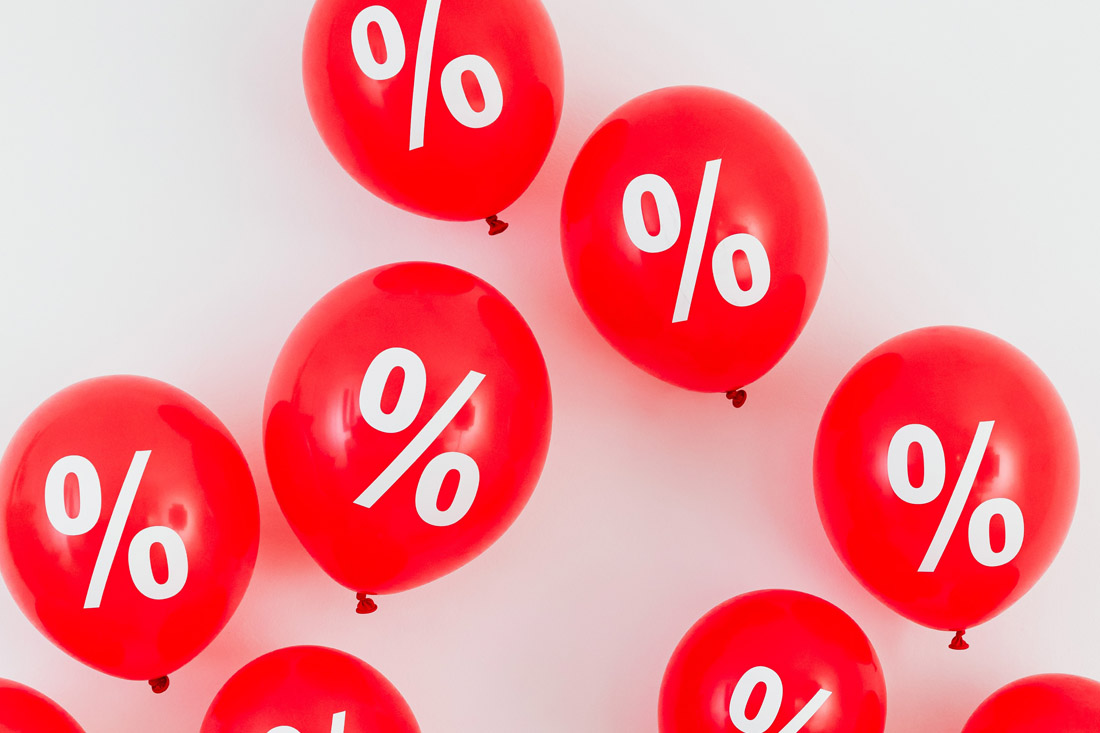
 The Reserve Bank of Australia (RBA) has kicked off 2023 by increasing the cash rate a further 25 basis points to 3.35%. How much will this rate hike increase your mortgage repayments in 2023, and how high is the cash rate expected to go?
The Reserve Bank of Australia (RBA) has kicked off 2023 by increasing the cash rate a further 25 basis points to 3.35%. How much will this rate hike increase your mortgage repayments in 2023, and how high is the cash rate expected to go?
This is the ninth rate hike by the RBA in as many meetings (since May 2022), and it takes the cash rate to its highest level since September 2012.
RBA Governor Philip Lowe said in a statement that the RBA board expects that further increases in interest rates will be needed over the months ahead to ensure that inflation returns to target and that this period of high inflation is only temporary.
“In assessing how much further interest rates need to increase, the Board will be paying close attention to developments in the global economy, trends in household spending and the outlook for inflation and the labour market,” said Governor Lowe.
How much are your mortgage repayments expected to increase in 2023?
Unless you’re on a fixed-rate mortgage, the banks will likely follow the RBA’s lead and increase the interest rate on your variable home loan soon.
Let’s say you’re an owner-occupier with a 25-year loan of $500,000 paying principal and interest.
This month’s 25 basis point increase means your monthly repayments could increase by almost $75 a month. That’s an extra $910 a month on your mortgage compared to May 1.
If you have a $750,000 loan, repayments will likely increase by about $115 a month, up $1365 from May 1.
Meanwhile, a $1 million loan will increase by about $150 a month, up about $1,830 from May 1.
How high are interest rates expected to go in 2023?
Here’s what economists from the big four banks are currently predicting for the rest of 2023, and what also could be possible:
CommBank – no more increases for 2023 (prediction made prior to statement by Governor Lowe).
NAB – rates rising to 3.60% by May 2023. However, there’s a risk of a peak towards 4%.
Westpac – rising to 3.85% by May 2023. First rate cut should arrive by March 2024.
ANZ – rising to 3.85% by May 2023, but possibly 4.10% if inflation keeps rising.
Worried about your mortgage? Get in touch
Let’s not beat around the bush here: there are a lot of households around the country really feeling the pinch of all these rate rises.
Similarly, there are a lot of people on fixed-rate home loans wondering just what options will be available to them once their fixed-rate period ends and they have to transition over to a variable rate home loan.
Some options we can help you explore include refinancing (which could include increasing the length of your loan and decreasing monthly repayments), debt consolidation, or building up a bit of a buffer in an offset account ahead of more rate hikes.
So if you’re concerned about how you might meet your repayments in 2023, give us a call today. The earlier we sit down with you and help you make a plan, the better we can help you over the period ahead.
Disclaimer: The content of this article is general in nature and is presented for informative purposes. It is not intended to constitute tax or financial advice, whether general or personal nor is it intended to imply any recommendation or opinion about a financial product. It does not take into consideration your personal situation and may not be relevant to circumstances. Before taking any action, consider your own particular circumstances and seek professional advice. This content is protected by copyright laws and various other intellectual property laws. It is not to be modified, reproduced or republished without prior written consent.

